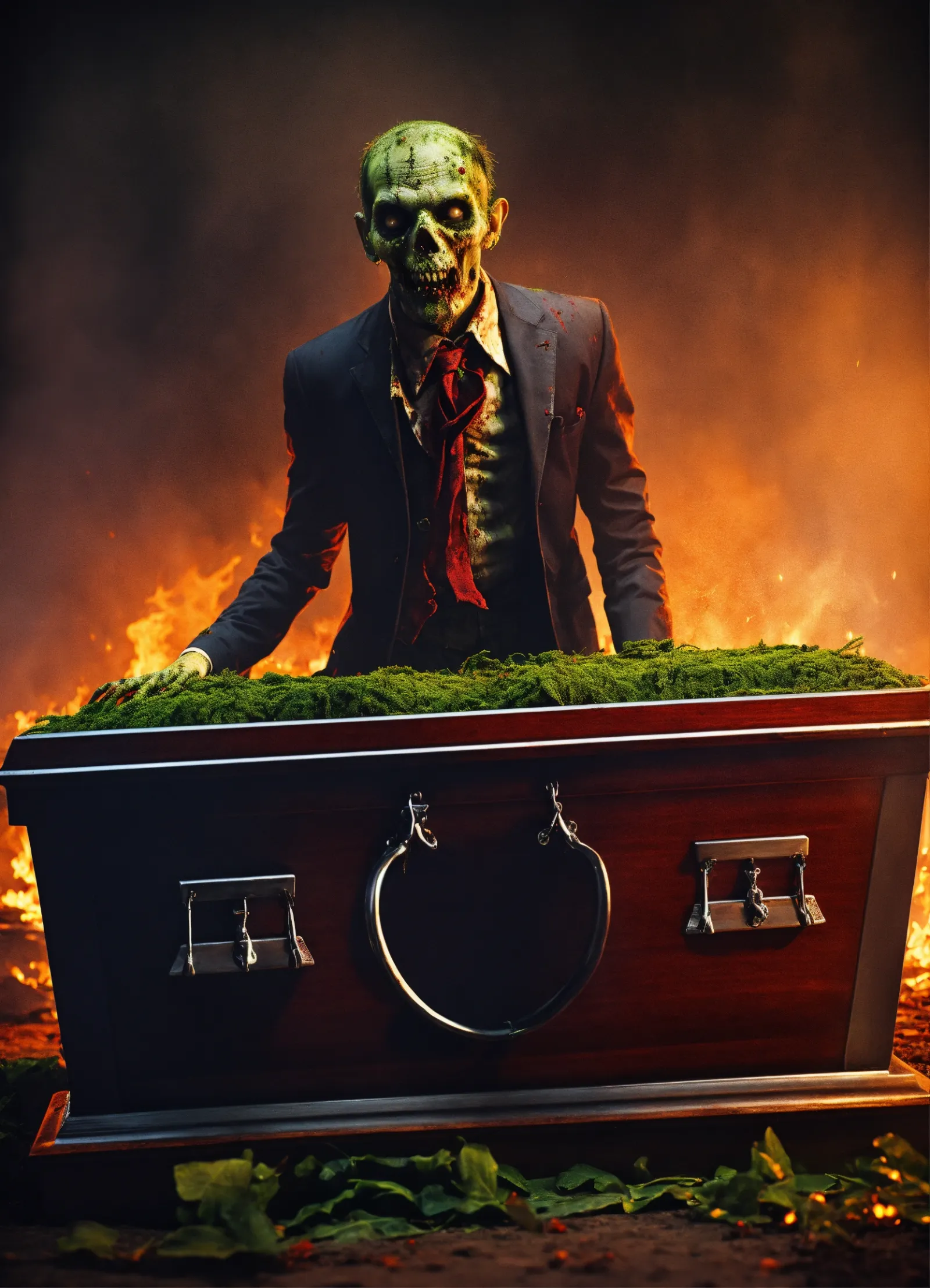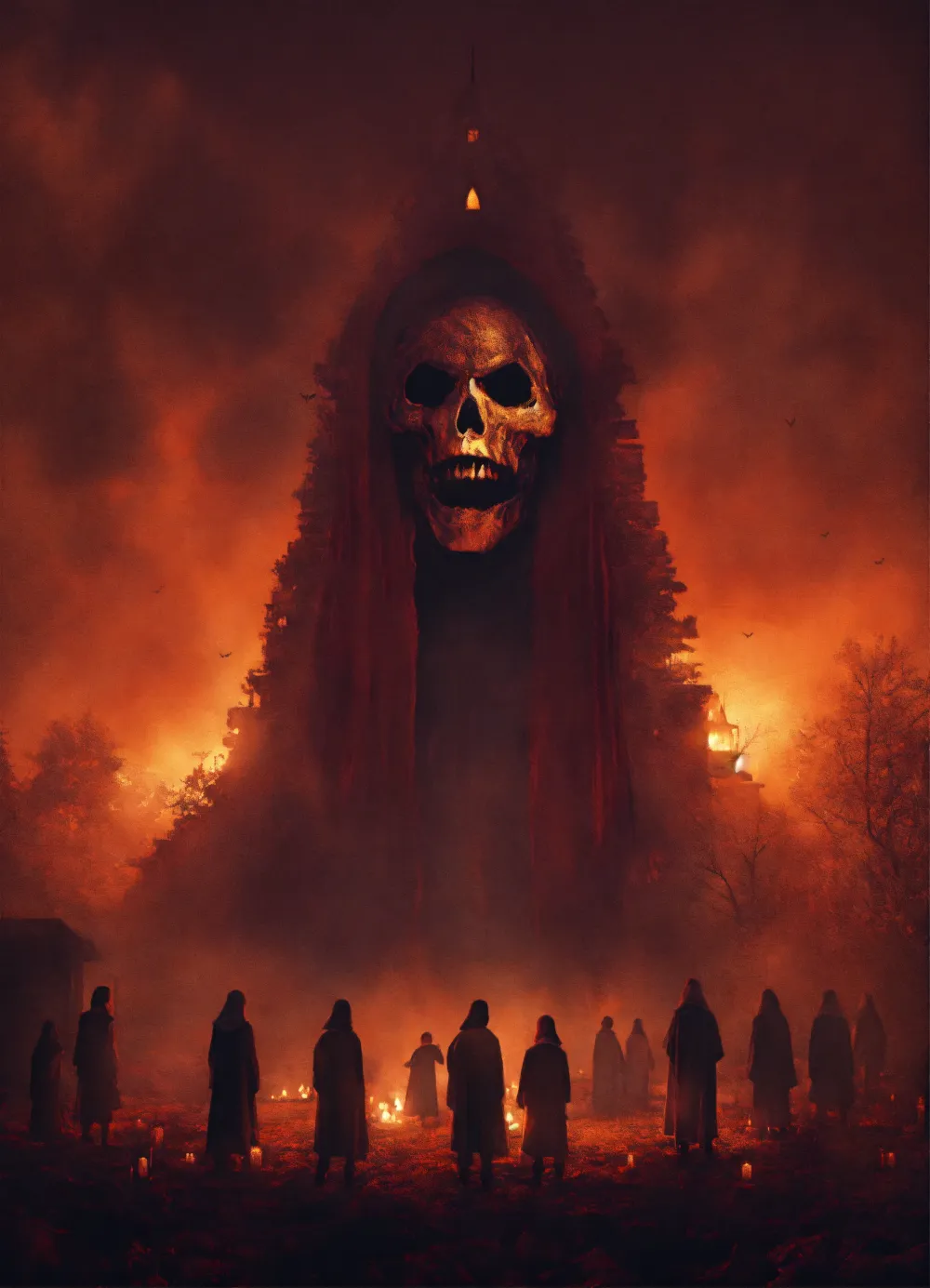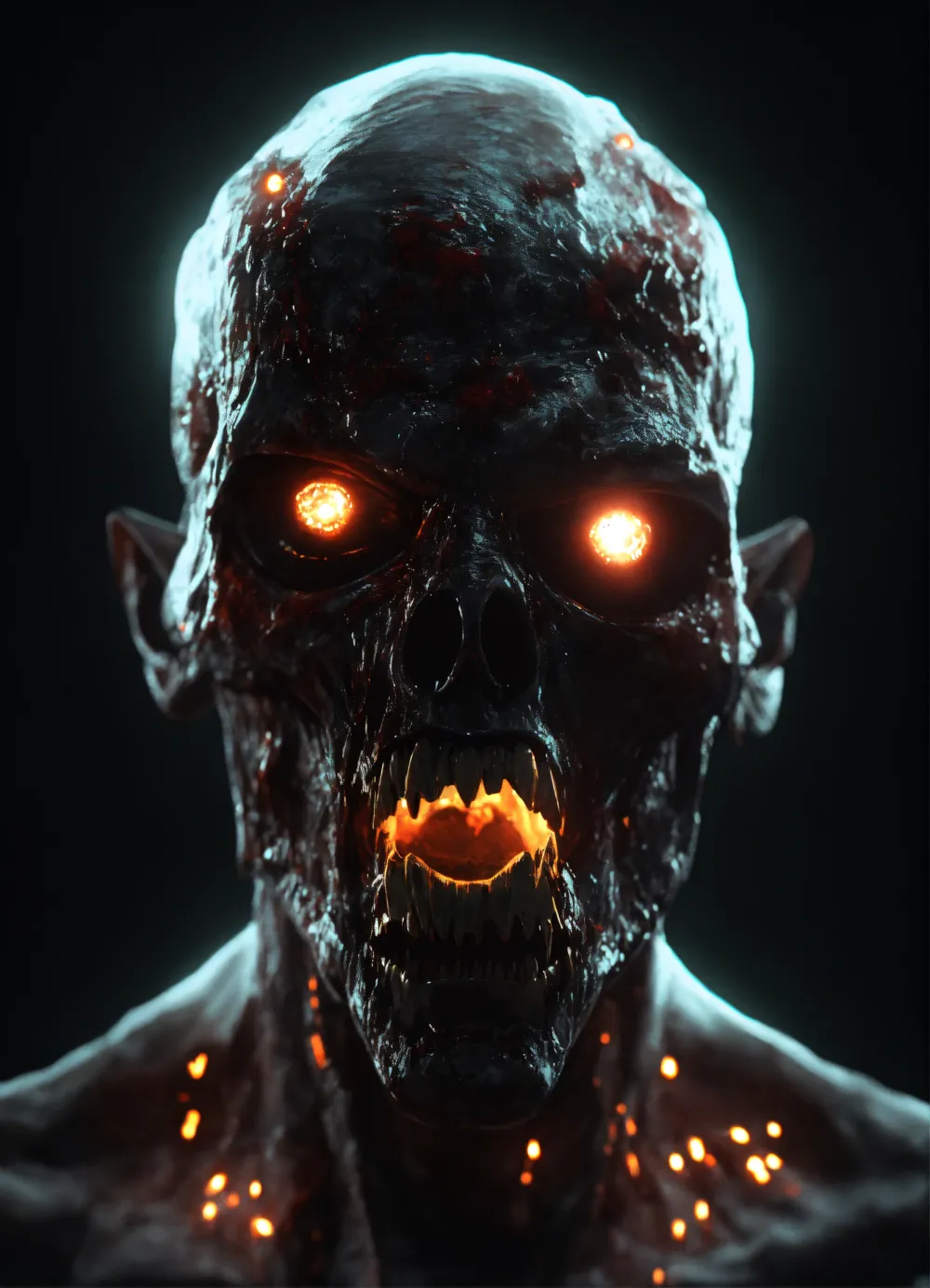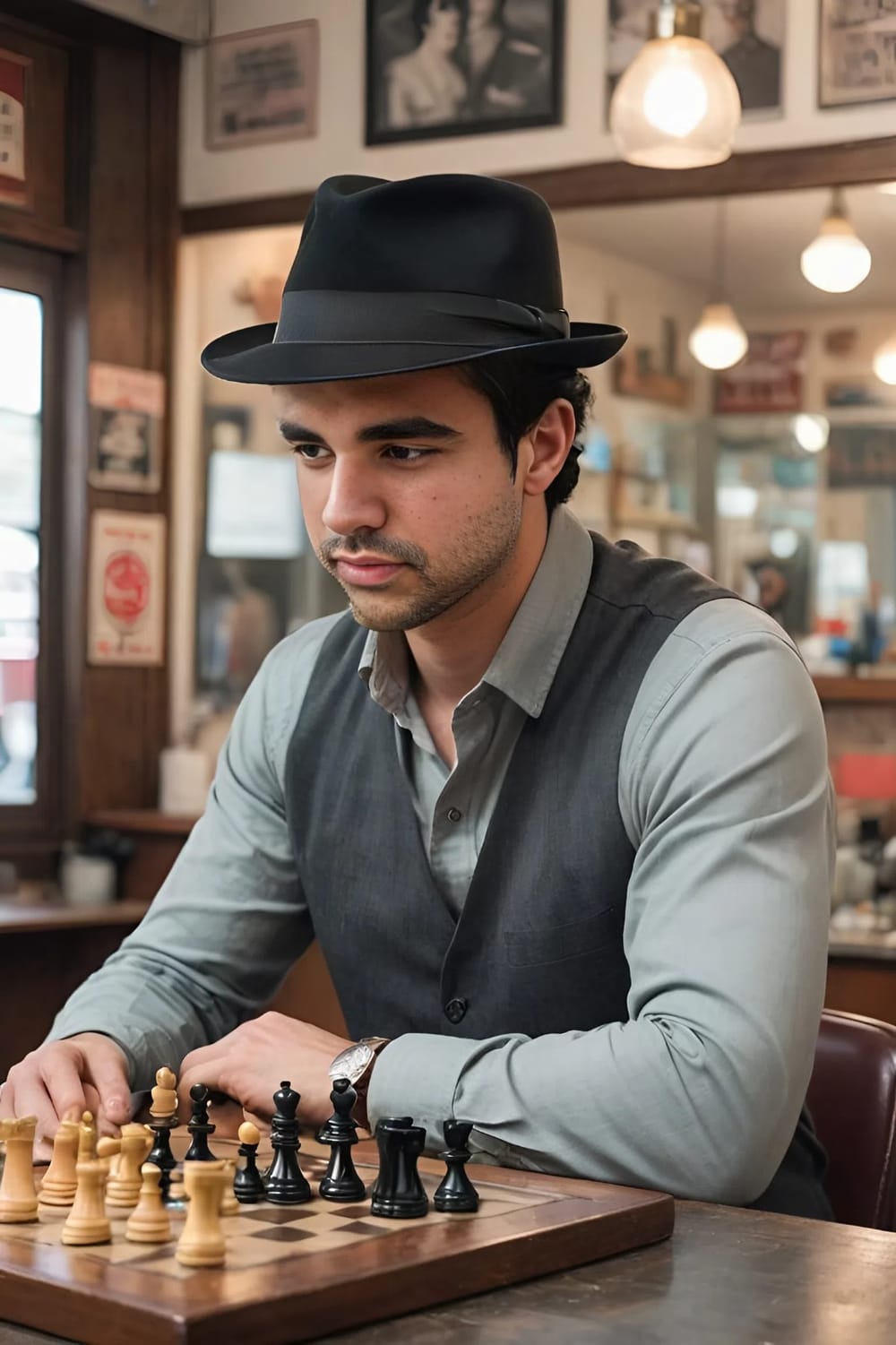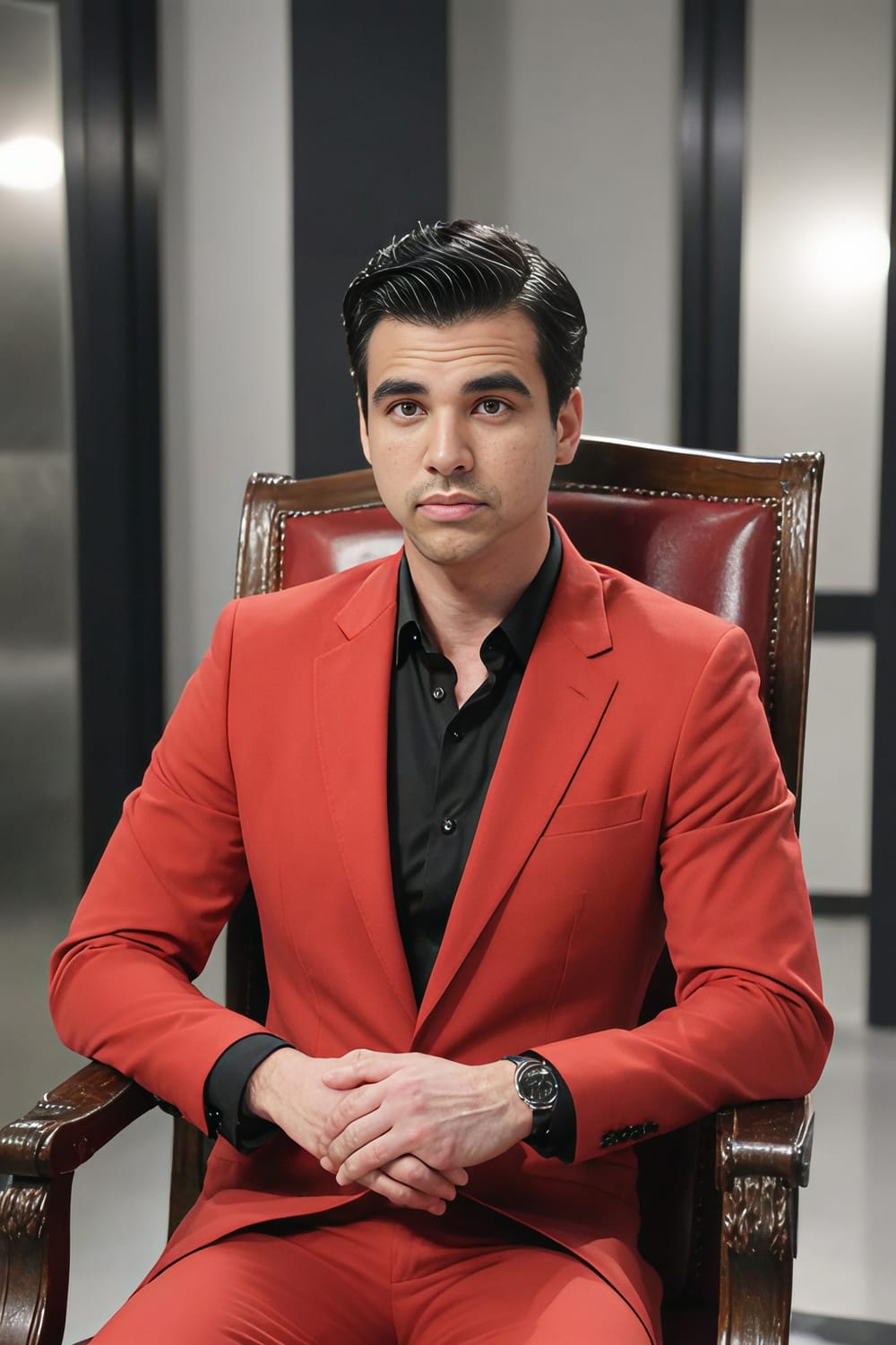Our family vacation to Mumbai was doomed from the start. I knew it the second my dad whipped out his laminated, color-coded itinerary. Dad’s idea of a “vacation” is a forced march through a list of “authentic cultural experiences.” My idea of a vacation involves a comfy couch and a video game controller. You can see the problem.
“Isn’t this exciting, kids?” Dad said, his eyes gleaming as our taxi swerved through the city’s insane traffic. Horns blared like a million angry geese.
“Super exciting,” I muttered, staring out at the blur of buildings. My little sister, Maya, was glued to the window.
“Look! A cow!” she shrieked, pointing at a cow that was, in fact, standing in the middle of the road.
Our hotel was in some neighborhood I’d never heard of. It was old and smelled like spices and damp walls. Dad loved it. He said it had “character.” I said it had cockroaches the size of my thumb.
The next day, Dad announced his brilliant plan. “We’re going to explore the historic Matunga lanes! I read about a place on a travel blog that’s totally off the beaten path.”
An hour later, we were lost. We were wandering through a maze of narrow, winding alleyways. The sun was blazing, and the air was thick and heavy.
That’s when we saw the sign.
It was hand-painted on a piece of warped plywood, nailed to the side of a crumbling brick wall. The letters were sloppy and dripped down the wood like they were bleeding. It pointed down a dark, impossibly narrow lane.
It said: ZOMBIE LANE AHEAD. DO NOT ENTER.
I stopped dead. “Uh, Dad? Maybe we should go back.”
Maya giggled. “Zombies! Cool!”
“Oh, don’t be silly, Sameer,” Dad said with a wave of his hand. “It’s obviously a joke. Some local kids having fun. This is the kind of authentic charm you can’t find in guidebooks!”
He plunged into the lane without a second thought. Mom sighed and followed him. I looked at the sign one more time. The word ZOMBIE was painted in a sick-looking green. A shiver went down my spine, but I didn’t want to get left behind. I grabbed Maya’s hand and we followed them in.
The lane was even darker than it looked. The tall buildings on either side blocked out the sun. It was strangely quiet in here. The roar of the city had faded away, replaced by a low, humming sound. And a weird smell. Sweet, like rotting flowers and dirt.
Then we saw them. The residents.
They were just… standing around. Or shuffling. They moved with a slow, dragging gait, their heads lolling slightly. Their faces were blank and slack-jawed. Their eyes were half-closed and unfocused.
They were all chewing. A slow, rhythmic, constant chewing. Chomp. Chomp. Chomp.
“What’s with these guys?” I whispered.
“Must be a film shoot,” Dad said, though he sounded a little less certain now. “They’re all in character. Incredible method acting!”
We kept walking, trying to squeeze past them. One of the shuffling men bumped into me. His skin was cold and clammy, even in the sweltering heat. I jumped back. He didn’t even seem to notice. He just kept shuffling. Kept chewing.
At the center of the lane was a small cart. A man stood behind it, stirring a thick, reddish-brown paste in a large pot. He was spooning the paste into small, wax-paper packets. The shuffling people would drift up to him, hand him a few coins without saying a word, and take a packet. They’d dip a finger into the paste, put it in their mouths, and join the ranks of the slow, chewing crowd.
The sweet, rotten smell was coming from the cart.
“Okay, I’ve seen enough authenticity for one day,” Mom said, her voice tight. “Frank, let’s go.”
We turned to go back the way we came. But the entrance to the lane was gone. It was just a solid brick wall.
My heart did a flip-flop. “Dad? Where did the street go?”
He stared at the wall, his face pale. “It… it was right there. I don’t understand.”
The low humming sound was getting louder. And I realized it was coming from the people. From their throats. A low, collective moan that vibrated in my bones.
They started to turn toward us. All of them. Their half-lidded eyes slowly focused on us. The chewing never stopped. They started to shuffle in our direction, their feet dragging on the cobblestones. They weren’t fast. They didn’t have to be. There was nowhere for us to run.
We were backed into a corner, a solid wall of slow, chewing people closing in. Maya started to cry.
Just then, the man from the cart stepped forward. He wasn’t shuffling. He walked with a normal gait, and his eyes were bright and alert. He held up his hands.
“Now, now, no need for alarm,” he said with a warm, friendly smile. “They’re not going to hurt you. They’re just curious.”
“Who are they?” Mom asked, her voice trembling. “What’s wrong with them?”
The man chuckled. “Wrong? Nothing is wrong with them, madam. They are my best customers.” He gestured to the pot on his cart. “I have created a new blend. A special gutka. A little betel nut, a little tobacco, and my own secret family recipe. It’s very calming. Very popular.”
I stared at him. “Gutka? That chewing stuff? That’s what this is about?”
“The ‘Zombie Lane’ sign is just marketing,” he said with a wink. “A bit of fun, you know? Makes it memorable. But my product… it’s very effective. Once you try it, you find you don’t worry about much anymore. You just… relax. And you find you want a little more.”
We all just stared at him, a wave of relief so powerful it made me dizzy. They weren’t zombies. They were just… addicts. It was creepy, but it wasn’t life-threatening.
The man must have seen the relief on our faces. His smile widened.
“I am so sorry for the scare,” he said, his voice smooth as silk. “Please, allow me to offer you a free sample. As an apology. Just to calm your nerves after such a fright.”
He held out four of the little wax-paper packets.
“No, thank you,” Mom said quickly.
But Dad, ever the diplomat, wanting to be polite after our intrusion, took one. “Well, a small taste won’t hurt, I suppose,” he said, trying to save face. He opened the packet.
And that’s when the real horror began.
He didn’t put the paste in his mouth. He opened his wallet, took out a few crumpled bills, and handed them to the man. Then he passed the packet to Mom.
Mom took it without a word. She handed it to Maya. Maya handed it to me. And I handed it back to the man behind the cart.
The man’s smile never wavered. He took the packet from my hand. “Excellent,” he said. “A wise choice.”
He turned to the shuffling crowd. “Our new friends have made their first purchase! Let’s give them a warm welcome!”
The crowd let out a low, collective moan. But it wasn’t a hungry moan. It was a welcoming one.
My dad turned to me. His eyes were clear. His face was normal. But he was smiling a strange, peaceful smile.
“Don’t you see, Sameer?” he said, his voice calm and even. “The itinerary was right all along. This is the most authentic experience.”
He put a hand on my shoulder. “We’re not tourists anymore,” he said. “We’re locals.”
He started shuffling forward, joining the crowd. Mom and Maya followed, their movements already becoming slow, rhythmic.
I stood there, frozen, as the man held out a fresh packet to me. The sweet, rotten smell washed over me. It smelled like peace. It smelled like no more worries.
It smelled like home.
My hand reached out. My fingers dipped into the reddish-brown paste. The chewing, I realized, wasn’t the side effect.
It was the whole point.
I brought the paste to my lips. The taste was overwhelmingly sweet, like a thousand flowers blooming and dying all at once. It wasn't just a flavor; it was a feeling. As it coated my tongue, a warm, blissful fog rolled into my brain. My fear of the lane, my worry for my family, my desire to go home and play video games —it all just... dissolved. It didn't feel like I was forgetting them; it felt like they were never important in the first place.
My jaw started moving on its own, mimicking the slow, rhythmic chomp, chomp, chomp of the crowd. A low, pleasant hum vibrated in my chest. I looked at my family. Dad’s face, usually tight with the stress of schedules and plans, was completely smooth and serene. Mom’s worried frown was gone, replaced by a placid smile. Maya wasn’t whining or giggling; she was just… calm. We were all calm. We were together. This was better than a vacation. This was peace.
Days, weeks, or maybe months passed. Time didn't really matter in the lane. The sun never seemed to move from its position behind the tall buildings. Our world was this narrow alley, the comforting hum of the crowd, and the sweet, rotten smell from the cart. We didn't need to eat or sleep. We just needed the paste. The man, our friend, our keeper, would give us a packet every so often, and we would pay him with the strange, faded coins that now seemed to appear in our pockets whenever we needed them.
One day, a new family stumbled into the lane. Tourists, like we had been. They were loud and scared. I watched them with a detached curiosity. The father was wearing a bright yellow t-shirt with a cartoon character on it—a speedy blue hedgehog. For a fleeting moment, a spark ignited in the fog of my mind. A memory of a controller in my hands, of a triumphant jingle. The feeling was so alien, so sharp, it almost hurt. I flinched, and the memory was gone, swallowed by the blissful hum.
But the crack remained. I started to notice things again. I noticed that Mrs. Gupta, who always stood by the leaky pipe, was looking a bit… faded. Her colorful sari was now a pale, washed-out gray. Her features were blurry, like an old photograph left out in the sun. We were all fading. The paste didn't just take our worries; it was taking our colors, our sharpness, our very selves.
The true horror dawned on me not as a sudden shock, but as a slow, creeping dread that the paste couldn't quite erase. The sweet, rotten smell wasn't just coming from the pot. It was coming from us. We were the rotting flowers. The reddish-brown paste wasn't the product; it was the tool. We were the product. We were being consumed.
I watched the keeper. He wasn't just stirring the pot. Every few hours, he would skim something off the top—a shimmering, almost invisible film. He would carefully place this film into small, ornate glass vials. He wasn't a vendor. He was a harvester. This wasn't a drug den. It was a farm. He was cultivating us, feeding us contentment until our essence—our memories, our personalities, our souls—rose to the surface to be collected.
I looked down at my own hand. It was pale and translucent. I could see the cobblestones of the lane right through my skin. I tried to scream. I tried to warn the new family who were now looking at the keeper with expressions of dawning relief. But no sound came out.
My voice was gone, already skimmed from the pot. All I could manage was a low, humming moan, perfectly in tune with everyone else. My last coherent thought was of my dad’s stupid, laminated itinerary. It felt so important once.
Now, it was just a faint, sweet fragrance, rising up to be bottled.

